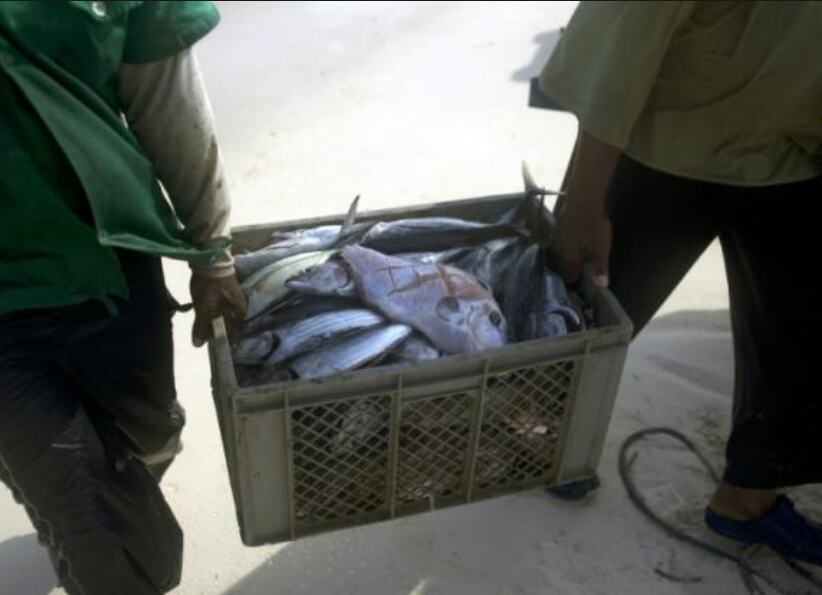International Court of Justice Upholds 2012 Ruling on Caribbean Dispute
International Court of Justice has upheld its 2012 ruling on a long-standing dispute between Nicaragua and Colombia over a large chunk of the Caribbean. This ruling signals the end of a lengthy legal saga that highlights the importance of the ICJ in resolving international disputes.
Since the International Court of Justice (ICJ) was established in 1945, it has served as a beacon of justice in resolving disputes between United Nations (UN) member states. This time, the court has upheld its 2012 ruling on a long-lasting dispute between Nicaragua and Colombia over a large chunk of the Caribbean.
In 2001, Nicaragua decided to take Colombia to the ICJ over disputed maritime limits. This resulted in a judgment in 2012 that awarded a large chunk of the Caribbean to Nicaragua and left Colombia with only seven islets. This ruling was met with fury by Colombia, and the country said it would no longer recognize the court’s jurisdiction on border disputes.
In 2013, Nicaragua went back to the court and alleged that Colombia had carried out violations of the judgment. However, the ICJ rejected Nicaragua’s bid to extend its continental shelf beyond the 200 nautical miles (230 miles, 370 kilometres) from its coastline that is customary under international law.
As a result, the court's 2012 ruling stood. Colombian President Gustavo Petro, the nation’s first-ever leftist president, hailed the “victory” in the latest instalment of the legal saga. On Twitter, he said, “Great victory for Colombia in The Hague.
The ICJ did not agree to Nicaragua's claims to expand its continental shelf. We hope with this ruling to close the border dispute and focus on bringing sustainable development to our archipelago.” Nicaragua, on the other hand, said it would “obey” the ruling as it has done before.
Carlos Arguello Gomez, the nation’s representative at the ICJ, told journalists at the court, “My only and basic comment is that the court has spoken and Nicaragua has always listened and obeyed. That is exactly what’s happening now and that’s what’s going to happen.”
The dispute has raised military tensions, with the ICJ ordering the Colombian navy in 2022 to stop interfering in Nicaraguan waters. Professor of public international law at the University of Costa Rica, Nicolas Boeglin, commented that “in this dispute, maritime areas rich in biodiversity, fishing resources, scenic beauty, but also natural resources such as hydrocarbons are at stake.”
The ICJ’s ruling serves as a reminder that its judgments are final and cannot be appealed. Furthermore, a number of Latin American states have asked the court to resolve territorial claims that have been ongoing for centuries.
These claims will hopefully be resolved soon, giving the countries involved the chance to focus on sustainable development. In conclusion, the International Court of Justice has upheld its 2012 ruling on a long-standing dispute between Nicaragua and Colombia over a large chunk of the Caribbean.
This ruling signals the end of a lengthy legal saga that highlights the importance of the ICJ in resolving international disputes.




